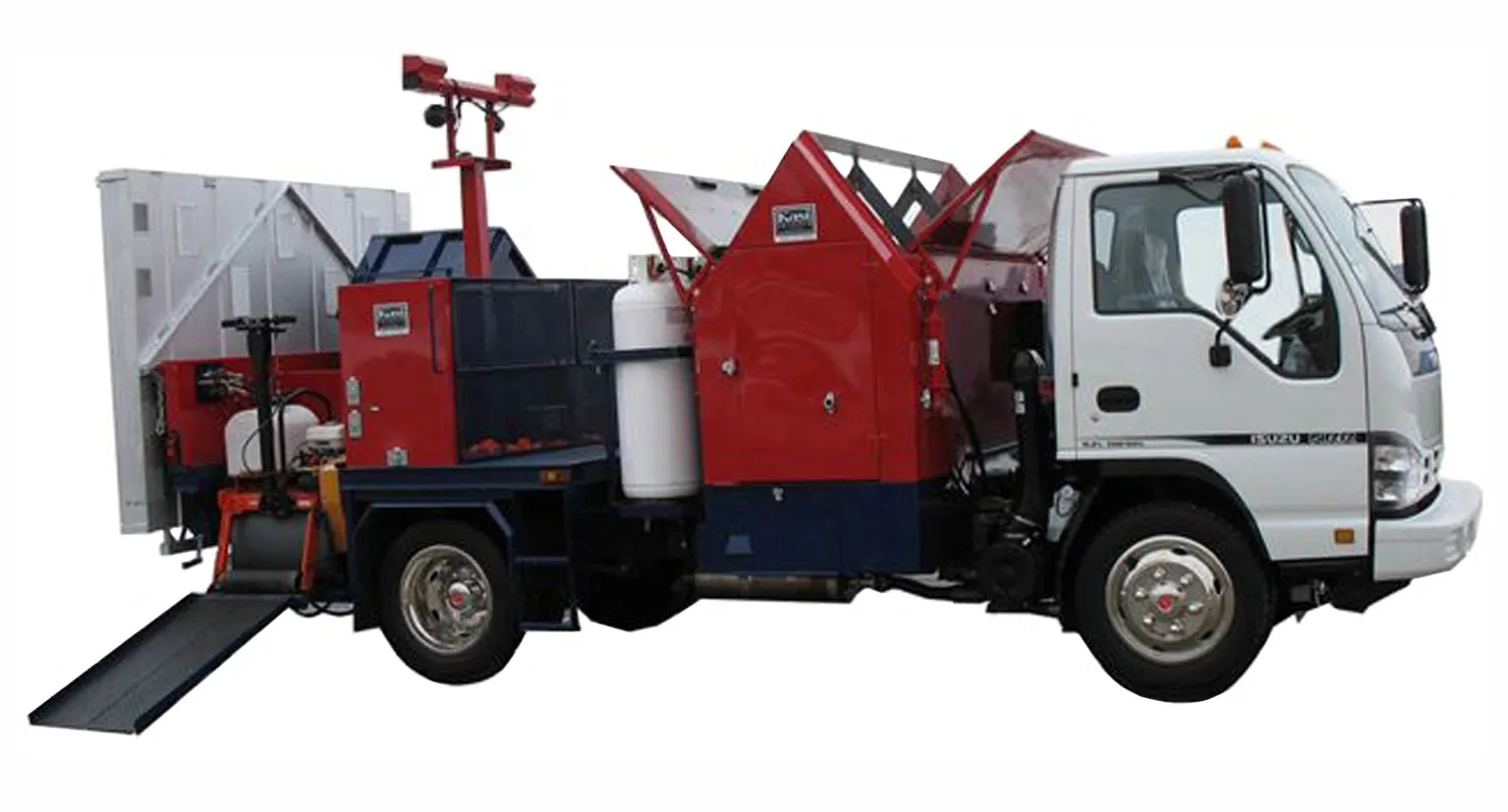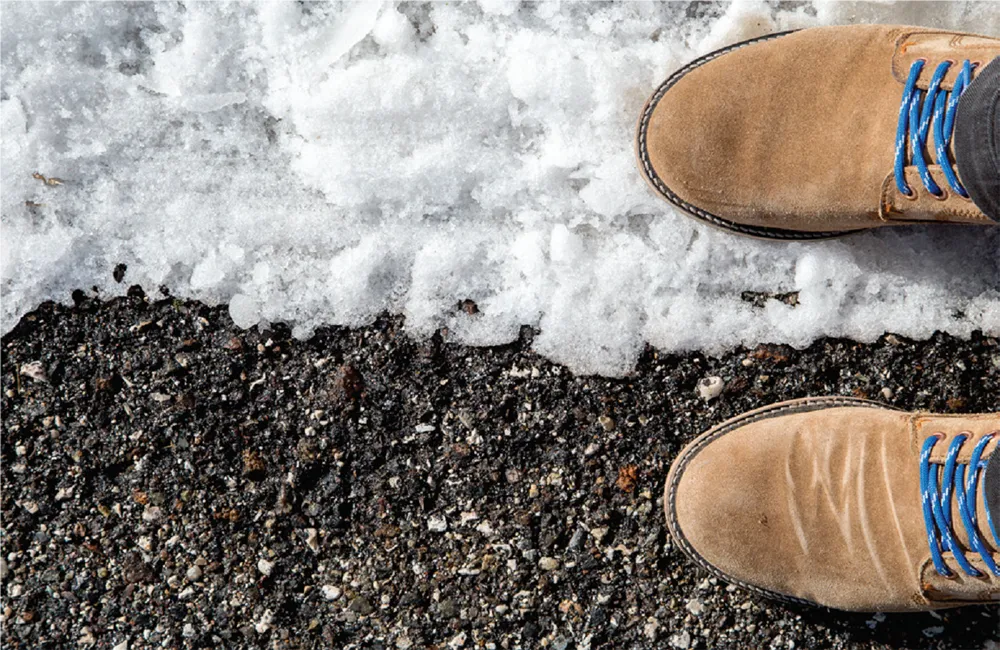New infrared asphalt restoration technologies, such as the Patriot system, are more reliable than before and offer cost benefits over time-consuming, cut-and-fill asphalt repairs. This technology offers benefits over conventional repairs which leave seams that can allow water penetration. Where thes eams are not watertight, the repaired, filled-in portion can fail within a year or so, however infrared technology blends the new asphalt with the old by heating an area 152-203mm beyond the perimeter of the rep
August 2, 2012
Read time: 2 mins

New infrared asphalt restoration technologies, such as the Patriot system, are more reliable than before and offer cost benefits over time-consuming, cut-and-fill asphalt repairs. This technology offers benefits over conventional repairs which leave seams that can allow water penetration. Where thes eams are not watertight, the repaired, filled-in portion can fail within a year or so, however infrared technology blends the new asphalt with the old by heating an area 152-203mm beyond the perimeter of the repair; the new asphalt is then compacted with the old and leaves a seamless and long lasting repair.
Conventional methods of asphalt repair require all of the old asphalt to be cleaned out and replaced with new material. However using infrared allows the old asphalt to be used with a comparatively small amount of material needed to bring the repair up to grade, and saves substantially in overal cost. Before compacting, a rejuvenator is sprayed on to the repair to replace oils in the old asphalt that have been lost over time, which helps to secure the repairs. Infrared can be used in all types of repairs in which traditional methods are used: alligator cracking, potholes, utility cuts, settling against concrete walks or barriers, and more. The latest infrared systems are more compact, with all the equipment and capabilities now available on a single truck chassis, including the infrared pavement heater, an asphalt reclaimer, tool storage area, a compactor compartment, a dumping waste bin, 113litre water tank and five propane tanks. This new technology offers cost savings and safety features such as a 12V battery system that reduces wear on the motors and can be recharged directly from the vehicle or by overnight charging. The propane burners are more efficient as five tanks can last 16-18 hours, around 33% longer than most competing systems.
Conventional methods of asphalt repair require all of the old asphalt to be cleaned out and replaced with new material. However using infrared allows the old asphalt to be used with a comparatively small amount of material needed to bring the repair up to grade, and saves substantially in overal cost. Before compacting, a rejuvenator is sprayed on to the repair to replace oils in the old asphalt that have been lost over time, which helps to secure the repairs. Infrared can be used in all types of repairs in which traditional methods are used: alligator cracking, potholes, utility cuts, settling against concrete walks or barriers, and more. The latest infrared systems are more compact, with all the equipment and capabilities now available on a single truck chassis, including the infrared pavement heater, an asphalt reclaimer, tool storage area, a compactor compartment, a dumping waste bin, 113litre water tank and five propane tanks. This new technology offers cost savings and safety features such as a 12V battery system that reduces wear on the motors and can be recharged directly from the vehicle or by overnight charging. The propane burners are more efficient as five tanks can last 16-18 hours, around 33% longer than most competing systems.







